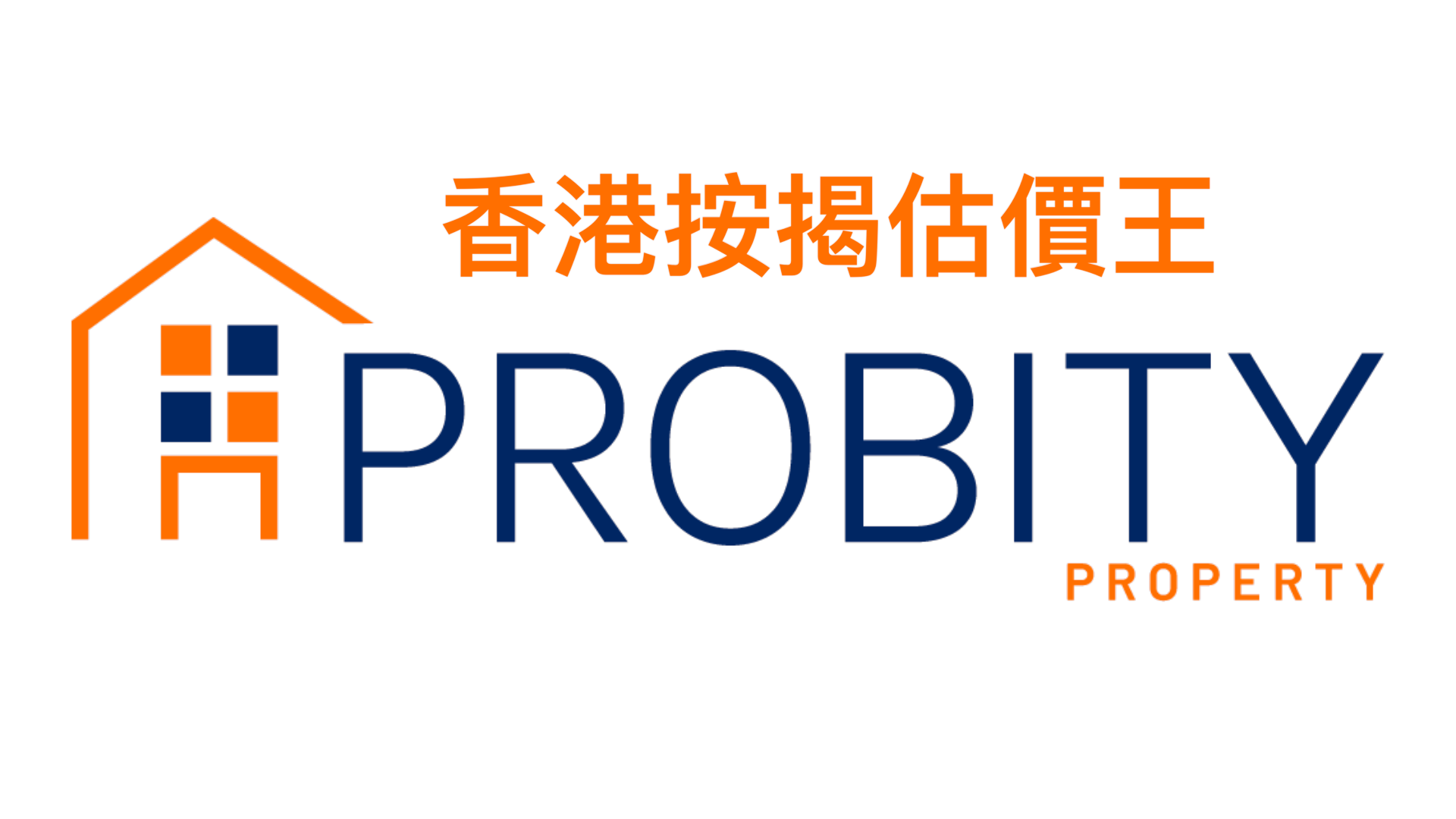Master the Key Points of Refinancing for a Smooth Loan Process

Master the Key Points of Refinancing for a Smooth Loan Process
Understand the Refinancing Process, Fees and Considerations to Ensure a Smooth Process
In recent years, refinancing has become a popular choice for many homeowners. By releasing security and taking out a new mortgage, borrowers can ease their financial burden with more affordable interest rates. If you are considering refinancing your home mortgage, there are some important considerations you need to be aware of to ensure a smooth process. Here are some frequently asked questions and their corresponding answers related to home refinancing:
Question 1: When can you withdraw cash from the refinancing proceeds?
Typically, banks will approve your application within 14 to 30 days after you have submitted all required documents. However, lawyers may take up to two months to process the relevant procedures, such as obtaining the title deed from the previous bank. Therefore, we recommend homeowners to allow for a two-month cushion to avoid delaying their life and investment plans.
Question 2: What fees are associated with refinancing?
Refinancing fees include lawyer fees and redemption fees from certain banks. The law firm will be responsible for handling the legal documents related to refinancing, and thus will charge lawyer fees. Additionally, if borrowers refinance during the penalty period, they will need to pay a penalty fee to the bank. Therefore, homeowners must understand the relevant fees before refinancing to avoid unexpected expenses.
Question 3: How do you retrieve mortgage insurance premiums when refinancing?
When the property appreciates, releasing security becomes an ideal option. As a general rule in the market, you can retrieve about 15% of the premiums when releasing security after the third year. However, if the refinancing has exceeded three years, some companies' terms may disqualify homeowners from retrieving their premiums. Therefore, homeowners must carefully read the insurance terms and confirm their eligibility to avoid financial losses. If uncertain about the terms, professional advice should be sought.
Question 4: What is the maximum mortgage loan-to-value ratio for refinancing?
The property value is a crucial factor in determining the mortgage loan-to-value ratio for refinancing. Currently, if the property value is HKD8 million or less, borrowers can typically borrow up to 60% of the value, with a maximum of HKD5 million. If the property value exceeds HKD10 million, borrowers can only borrow up to 50% of the value. Therefore, homeowners must confirm their property value and mortgage loan-to-value ratio before assessing the feasibility of refinancing, and carefully evaluate the pros and cons of refinancing.
Question 5: What insurance benefits are available when refinancing to a new bank?
When borrowers refinance to a new bank, they usually receive home insurance and fire insurance as a welcome offer. If homeowners have insurance plans with the previous bank, they can apply for a refund of premiums to obtain a refund. However, if the property belongs to a new type of estate, the management fee may already include fire insurance, and homeowners may not be eligible for the new bank's insurance benefits. Therefore, homeowners should carefully understand the new bank's insurance benefits before applying to determine their economic benefits.
Question 6: How much are the lawyer fees for refinancing?
When refinancing, the law firm will handle the procedures and legal documents for homeowners, and the lawyer fees will depend on the complexity of the case. Generally, the law firm's fees range from HKD5,000 to HKD6,000. If special circumstances arise during the refinancing process, such as applying for loan exemption, the lawyer fees may be higher. Therefore, homeowners should inquire about the lawyer fees and service scope when choosing a law firm to avoid unexpected expenses.
Question 7: Will there be any fees charged by the original bank during refinancing?
Individual banks may charge redemption fees and certain processing fees during refinancing. Additionally, if homeowners refinance during the penalty period, they generally need to pay a portion of the loan amount as compensation to the bank. Therefore, homeowners should carefully understand the original bank's policies and fees related to refinancing before proceeding to avoid unexpected expenses.
Question 8: What are the risks of refinancing with small banks?
Many homeowners choose to refinance with small banks to earn more cashback or interest. However, they should be aware of the risks involved. Small banks' businesses may not be very stable, and they may call in loans or increase interest rates at any time if the economy worsens in the long run. This may result in unexpected risks for homeowners. Therefore, we recommend that homeowners choose mainstream and stable mortgage banks to ensure the safety of their funds.
During the refinancing process, homeowners need to be careful and ensure they understand all the key points and relevant fees. If there are any doubts, they should seek advice from the bank or lawyer to ensure a smooth process. In addition, homeowners should evaluate their financial situation and the risks associated with refinancing carefully before choosing the most suitable refinancing plan.


